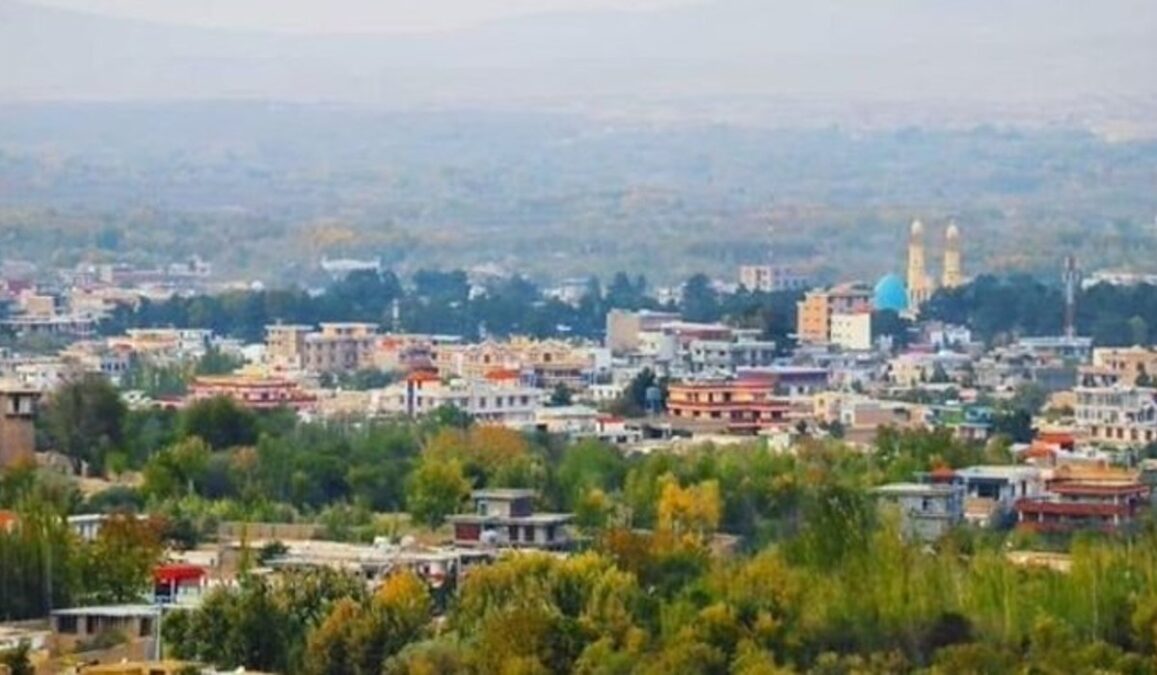The United Nations in Afghanistan has released its Strategic Framework for the period 2023-2025, outlining its priorities in supporting the people of Afghanistan.
The framework focuses on addressing basic human needs and prioritizing the rights of vulnerable groups, including women and girls, children and youth, internally displaced persons, returnees, refugees, and ethnic and religious minorities.
“Our Strategic Framework is a robust offer of assistance to the people of Afghanistan to address their basic human needs and complement the ongoing delivery of lifesaving humanitarian assistance,” said the Special Representative of the Secretary-General for Afghanistan, Roza Otunbayeva.
The UN said in a statement that the framework was developed in close consultation with Member States, partners, and stakeholders.
The UN Strategic Framework identifies three key priorities that are mutually reinforcing:
1. Sustained Essential Services: This involves providing accessible and affordable essential services in sectors such as health, nutrition, education, employment, water, sanitation, hygiene, social protection, and protection, without any form of discrimination.
2. Economic Opportunities and Resilient Livelihoods: The focus is on creating an enabling environment for economic growth, generating decent work opportunities, especially for marginalized groups like women.
3. Social Cohesion, Inclusion, Gender Equality, Human Rights, and the Rule of Law: Strengthening civil society engagement and advocating for alignment of Afghanistan’s normative and legal frameworks with international human rights instruments, as these are essential for sustainable development and peace.
“The United Nations and its partners recognize that humanitarian aid alone will not be enough to sustainably address the large-scale and increasing human suffering of the Afghan people in the medium and long term,” said the Deputy Special Representative of the Secretary-General and Resident and Humanitarian Coordinator ad interim, Daniel Endres.
According to the statement, the UN Strategic Framework also pays special attention to the restrictive environment faced by all people in Afghanistan, particularly women and girls.
The statement said that the ban on local women working for the UN adds to earlier restrictions imposed by the de facto authorities, limiting their participation in economic, social, and public life.
“Whether the UN can fully implement this framework will depend on actions by the de facto authorities and on donor support,” Endres said.





